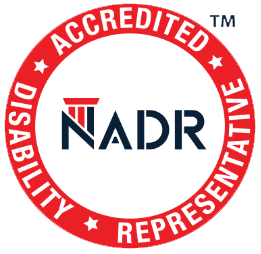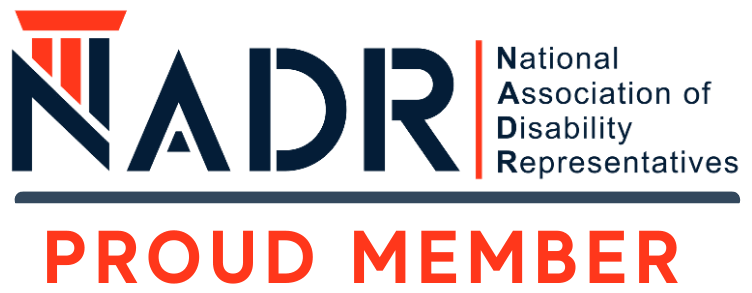What is the Supplemental Security Income Restoration Act of 2019?
Living on a fixed income, like Social Security Income (SSI), can be challenging. It’s even more difficult when your income fails to keep up with the cost of living and housing expenses. However, The Supplemental Security Income Restoration Act could change this. The act aims to increase income and resource limits for individuals who are on SSI. This is critical for keeping up with inflation. Continue on to learn more about the changes in SSI benefits.
Everything You Need to Know About Supplemental Security Income
Congress established Supplemental Security Income in 1972 to provide income to older, low-income people. It also provides income to people who are unable to work due to a disability. This is a critical form of income for many people. And, it may even be the only source of income for them. There have been few changes since the program began, though. SSI offers several other benefits to Americans who qualify, including the following:
- State payments: In certain states, SSI recipients may qualify for additional income payments. These come from the state government.
- Food assistance: If you are low-income, you may qualify for food assistance programs in specific states. You may only need one application.
- Medicaid eligibility: Depending on where you live, you may also qualify to receive healthcare assistance. This doesn’t impact your SSI eligibility in most cases.
The Supplemental Security Income Restoration Act will not impact these benefits. The updates that would occur if the act becomes law to SSI specifically relate to income and resource limits. These changes also adjust for inflation and the act removes some penalties, as well.
3 Changes to the Supplemental Security Income Under the Restoration Act
Updates to the Supplemental Security Income due to the Restoration Act would mean recipients would be able to earn more. It also would mean you can save more income for future expenses. Not to mention, you could combine income more easily as well.
1. General Income Exclusion
To qualify for SSI benefits, you need to meet certain requirements. First, you can’t receive more money than the income limit. If you do, your benefits will be reduced. General income refers to the income you receive for something other than work.
Currently, the unearned income limit is $20 per month. If the act becomes law, you could earn up to $123 per month before your SSI benefits would be reduced.
2. Earned Income Exclusion
Receiving SSI doesn’t exclude you from working. The earned income exclusion is for the money you earn from working a job. However, working a full-time job likely won’t be an option for SSI recipients. You can still add to your monthly income through part-time work, though.
The earned income limit is $65 and 50% of the wages you receive after that. If the act becomes law, the exclusion will increase up to $399 per month from a job. You could earn more, but your benefits might be reduced.
3. Resource Limit for Individuals and Couples
Another important restriction for SSI recipients is your resource limit. Resources are cash and money you have in the bank. It includes property that isn’t your primary residence. Vehicles that aren’t your sole transportation count, too. Anything you can sell is considered a resource.
The current resource limit is $2,000, but if the act becomes law you could have up to $10,000 in your name. Married couples could have up to $20,000 in their name.
How You Can Maximize SSI Benefits
With the right team of experts, you may be able to receive SSI benefits. Need help figuring out if you are eligible for SSI benefits? The team at Disability Support Services can carefully guide you through the process. So, contact us today and visit our blog for more information.



